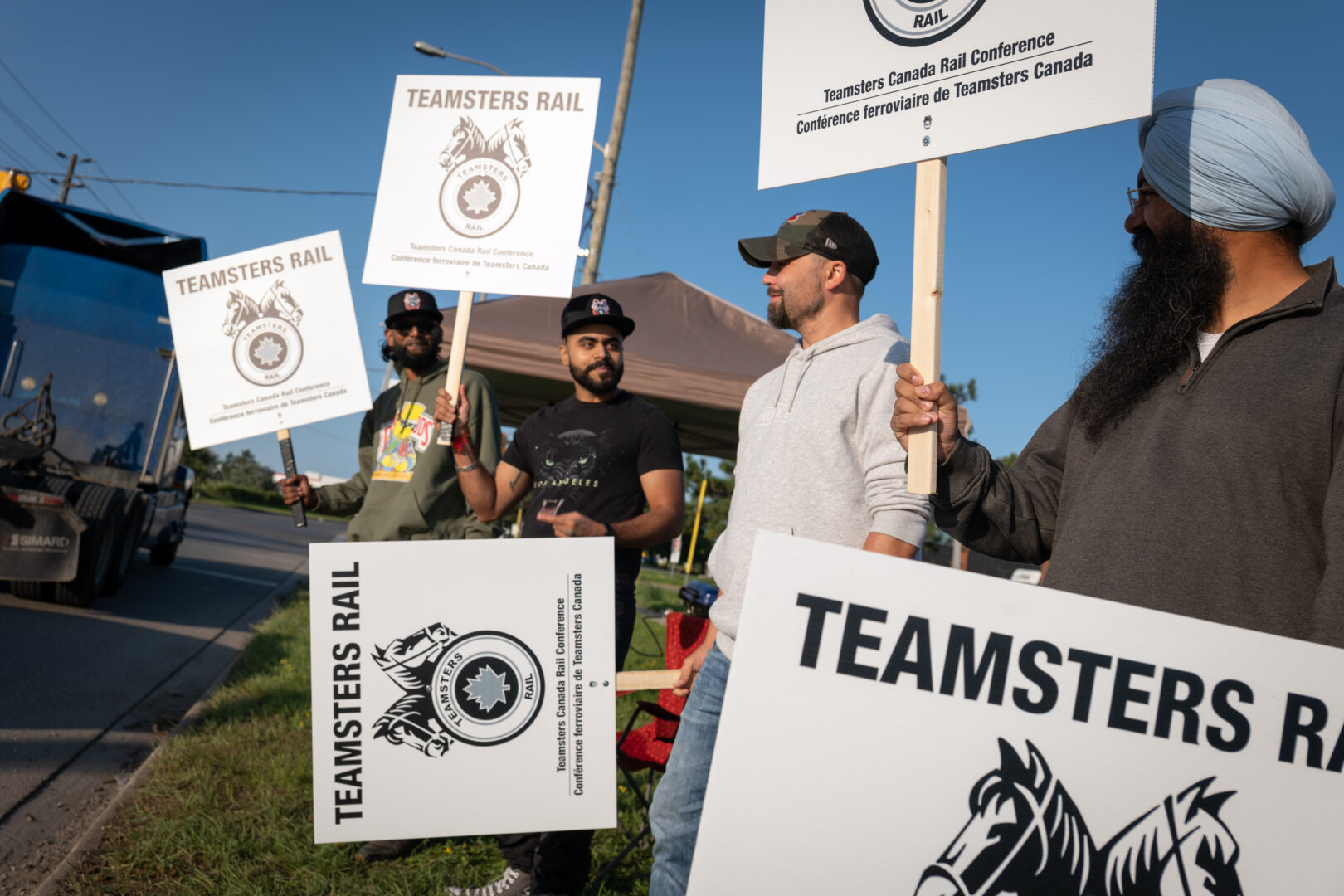Canada Rail Companies Lock Out Workers and Shut Down Rail Activity


Canadian National and Canadian Pacific Kansas City, formally locked out union rail employees at 12:01 a.m. Eastern time Thursday.
“CPKC is acting to protect Canada’s supply chains, and all stakeholders, from further uncertainty and the more widespread disruption that would be created should this dispute drag out further resulting in a potential work stoppage occurring during the fall peak shipping period,” the company said in a Thursday statement shortly after the start of the lockout at 12:01 am ET. “Delaying resolution to this labor dispute will only make things worse.
CPKC said the company bargained in good faith, “but despite our best efforts, it is clear that a negotiated outcome with the Teamsters is not within reach.”
“We urge the Teamsters to engage in these negotiations with the urgency and importance that this situation requires,” Canadian National said.
“Throughout this process, CN and CPKC have shown themselves willing to compromise rail safety and tear families apart to earn an extra buck. The railroads don’t care about farmers, small businesses, supply chains, or their own employees. Their sole focus is boosting their bottom line, even if it means jeopardizing the entire economy,” Paul Boucher, president of the Teamsters Canada Rail Conference, said in a statement early Thursday.
CEO James Vena of Union Pacific, the largest U.S. railroad, in a letter to Labor Minister Steve MacKinnon urged the minister to intervene in the labor dispute, warning that disruption of rail service would have “devastating consequences” for the U.S. and Canadian economies.
Prime Minister Justin Trudeau on Wednesday called on the sides to reach an agreement. “My message is straightforward. It is in the best interest of both sides to continue doing the hard work at the table to find a negotiated resolution,” Trudeau said during brief remarks reported by the CBC.
In a LinkedIn post, ITS Logistics’ VP of Global Supply Chain Paul Brashier said, “With the stoppage of operations of Canada’s two largest rail providers, we’re working with shippers to check all of their import ocean container shipments that arrive at US rail ramps to ensure that they do not have Canadian rail legs. This could have wide-ranging impacts on many US shippers. Last year, during the longshore strike that hit the Western Canadian ports, an estimated $800 million of cargo was disrupted daily. Over the last few months in the Port/Rail Index, we’ve been warning shippers that this was our largest concern for 2024.”
This story will be updated.


